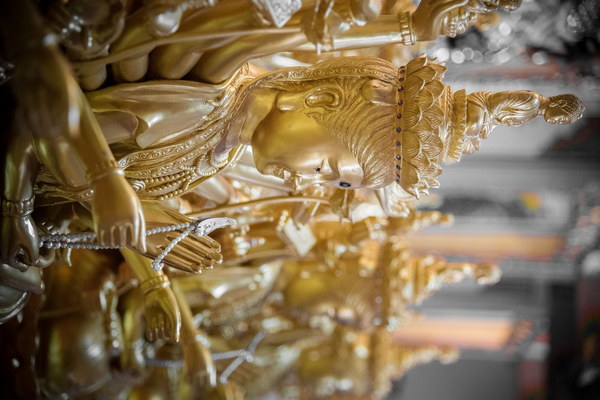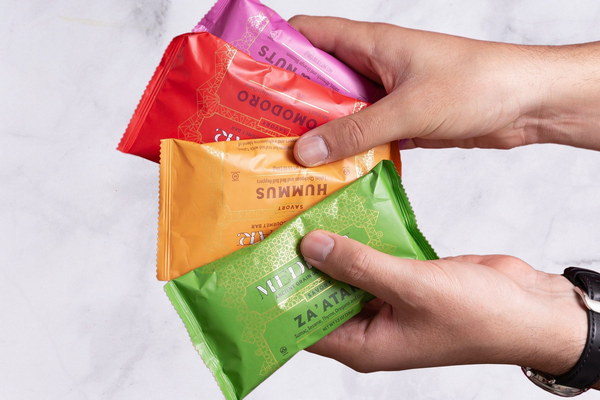Understanding the Contraindications of Wuyi Tablets What You Need to Know
Wuyi tablets, a popular herbal medicine used to alleviate dampness in the body, have been widely used in traditional Chinese medicine for centuries. However, like any medication, it comes with certain contraindications that users should be aware of. In this article, we will discuss the contraindications of Wuyi tablets, helping you understand when it's best to avoid using this herbal remedy.
1. Allergic Reactions
One of the most important contraindications of Wuyi tablets is the risk of allergic reactions. Individuals who have known allergies to any of the herbs contained in the tablet should avoid using it. Common allergens in Wuyi tablets include rehmannia, alisma, and atractylodes. If you experience symptoms such as itching, swelling, or difficulty breathing after taking Wuyi tablets, seek medical attention immediately.
2. Gastrointestinal Disorders
Wuyi tablets can cause gastrointestinal discomfort in some individuals. If you have pre-existing gastrointestinal issues such as ulcers, gastritis, or irritable bowel syndrome, it's best to consult your healthcare provider before taking Wuyi tablets. These herbs may exacerbate your symptoms or interfere with the effectiveness of your current treatment.

3. Pregnancy
Pregnant women should avoid using Wuyi tablets due to the lack of sufficient research on their safety during pregnancy. Although some herbs in Wuyi tablets are believed to be safe in small amounts, it's better to err on the side of caution and avoid using them during pregnancy.
4. Breastfeeding
Similarly, breastfeeding mothers should also avoid using Wuyi tablets. The safety of these herbs during breastfeeding has not been thoroughly studied, and it's best to avoid them to prevent any potential harm to the baby.
5. Kidney Disease
Individuals with kidney disease should consult their healthcare provider before taking Wuyi tablets. Some of the herbs in Wuyi tablets can strain the kidneys and may worsen kidney function in those with pre-existing conditions.
6. Liver Disease
Liver disease patients should be cautious when using Wuyi tablets. Some of the herbs in the tablets may affect liver function, and combining them with existing liver conditions can be harmful.
7. Diabetes
People with diabetes should use Wuyi tablets with caution. Some of the herbs in the tablets can lower blood sugar levels, potentially leading to hypoglycemia in individuals with diabetes.
8. Anticoagulant Medications
If you are taking anticoagulant medications, such as warfarin or heparin, it's essential to consult your healthcare provider before using Wuyi tablets. Some herbs in Wuyi tablets can affect blood clotting, and combining them with anticoagulants may increase the risk of bleeding.
9. Interference with Other Medications
Wuyi tablets may interact with other medications, causing adverse effects. It's important to inform your healthcare provider about all the medications you are currently taking to ensure there are no potential interactions.
In conclusion, while Wuyi tablets can be a beneficial herbal remedy for alleviating dampness in the body, it's crucial to be aware of the contraindications. If you have any of the conditions mentioned above or are unsure about the safety of using Wuyi tablets, consult your healthcare provider before starting treatment. This will help ensure that you receive the best possible care and minimize the risk of adverse effects.









